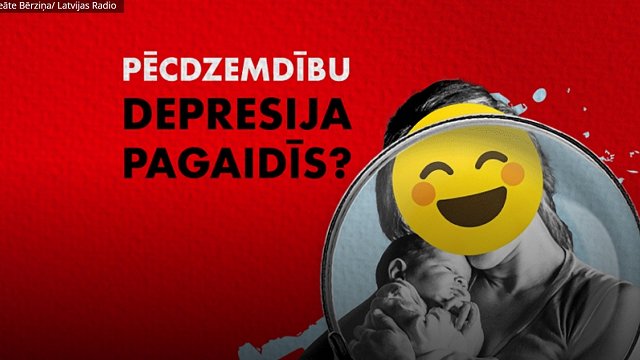A little more patience, and the "inflation dragon" will finally be slain, said Kazāks.
"That dragon has been pushed to the ground, but it has not been killed yet. The nature of inflation is insidious. Therefore, we will need tpo be patient a while longer" said Kazāks. "But the good news is that inflation has come down sharply and monetary policy has helped push it down. Once there is confidence that inflation has been killed, [bank interest] rates will come down," he predicted
As one of the biggest risks, he named the increase in wages, which will allow the recovery of purchasing power, thereby risking a new wave of inflation.
"Then [bank interest] rates will have to be raised even higher. A little patience is needed, the inflationary dragon needs to be slain,” he said.
However, the main risk is the geopolitical situation – the Middle East, the Red Sea, the war in Ukraine.
"This has a negative impact on supply chains, which can increase the prices of goods and energy resources. The good news is that inflation has slowed down and prices have fallen in some areas, for example, in December milk and butter prices decreased by almost 20% during the year, also housing-related expenses have decreased by 10% to 20%," said Kazaks.
Speaking about when Euribor rates could decrease, Kazāks admitted: "If nothing negative happens that will push inflation up again, then rates will start to decrease this year. When exactly, it will depend on what the data say, what will happen to the dynamics of inflation, what will happen to the strength of the economy."
He refused to speculate on when it would happen, but expressed doubt that it would be as soon as the spring. "We have to wait until the story of inflation is over. If you hurry, inflation and also rates can start to rise again," Kazāks stated.




























